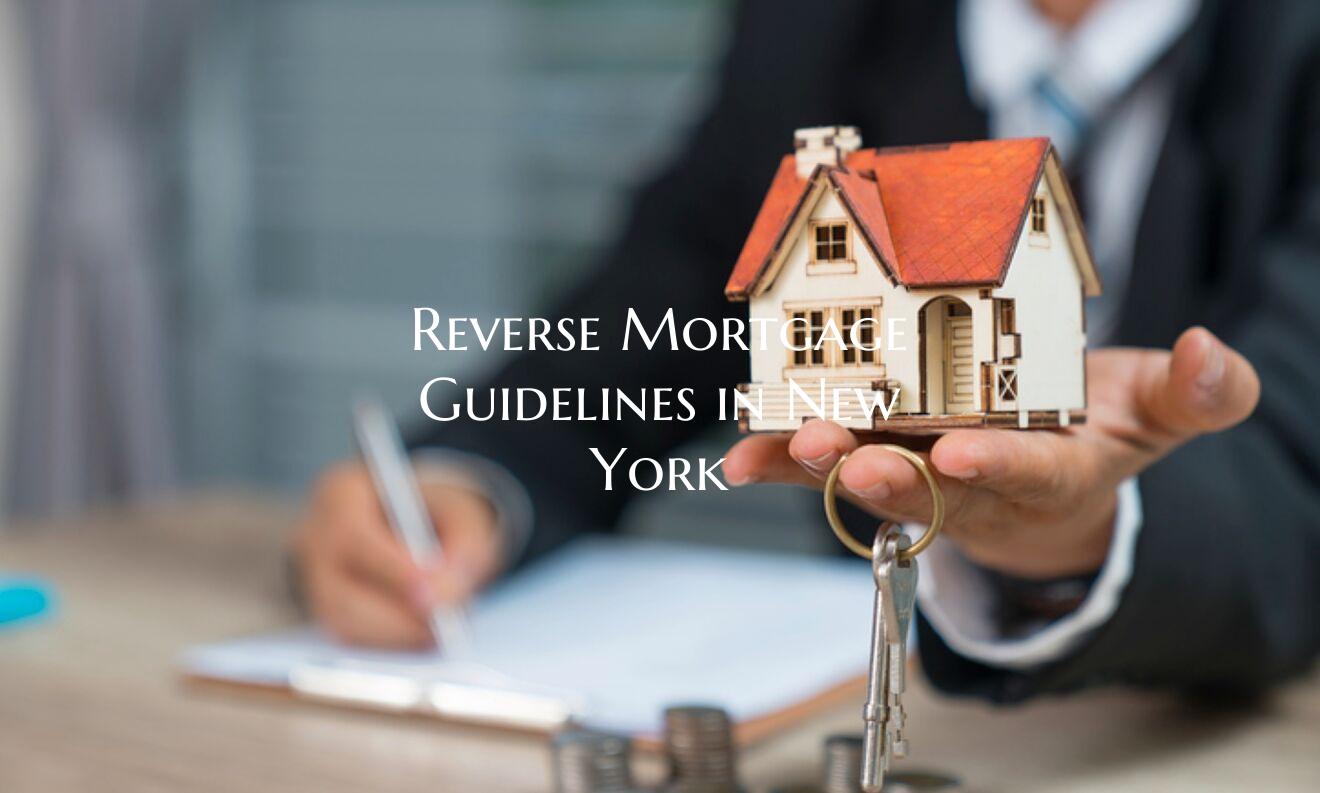Reverse Mortgage Guidelines in New York

Are you a homeowner in New York considering a reverse mortgage as a financial option? Understanding the guidelines specific to reverse mortgages in New York is crucial before making any decisions.
Reverse mortgages are becoming increasingly popular for retirees looking to supplement their income, pay off debts, or cover unexpected expenses. However, it's essential to comprehend the guidelines and regulations in New York to make an informed choice.
In New York, reverse mortgages are governed by state and federal laws to protect both lenders and borrowers. Here are some key points to consider:
1. Eligibility Requirements: To qualify for a reverse mortgage in New York, you must be at least 62 years old, own your home outright or have a substantial amount of equity, and live in the property as your primary residence.
2. Counseling: Before proceeding with a reverse mortgage application, New York state law requires borrowers to undergo counseling with a HUD-approved counselor. This counseling session aims to ensure that borrowers understand the terms and implications of a reverse mortgage.
3. Limits on Loan Amounts: The Federal Housing Administration (FHA) sets limits on the maximum amount that can be borrowed through a reverse mortgage. These limits may vary based on factors such as the borrower's age, the property's value, and prevailing interest rates.
4. Repayment: With a reverse mortgage, you receive payments from the lender and are not required to make monthly mortgage payments. The loan is typically repaid when the last borrower permanently moves out of the home, sells the property, or passes away.
5. Non-Recourse Clause: New York law includes a non-recourse provision for reverse mortgages, which means that borrowers or their heirs will not be held personally liable for any shortfall if the loan balance exceeds the home's value at the time of repayment.
6. Financial Counseling: New York requires borrowers to receive financial counseling before obtaining a reverse mortgage. This counseling aims to ensure that borrowers understand the financial implications and responsibilities associated with a reverse mortgage.
Navigating the guidelines for reverse mortgages in New York can be complex, and it is recommended to consult with a financial advisor or a mortgage specialist to better understand the options available to you. By being informed and proactive, you can make a confident decision regarding whether a reverse mortgage is the right choice for your financial situation in the state of New York.
